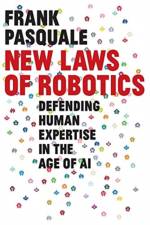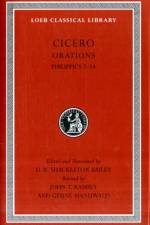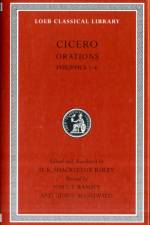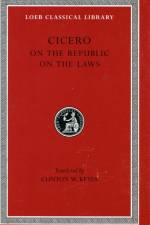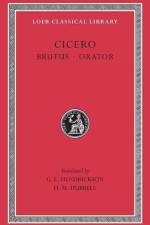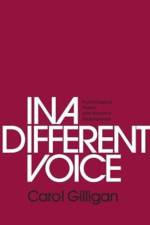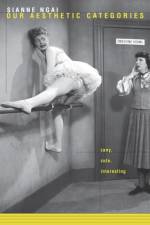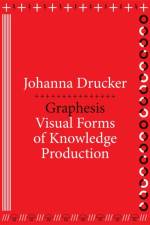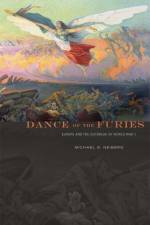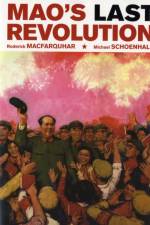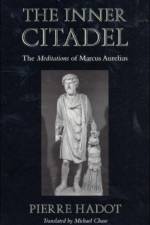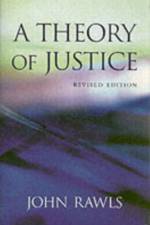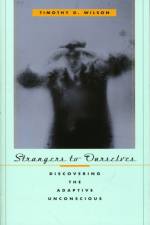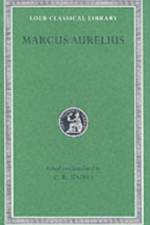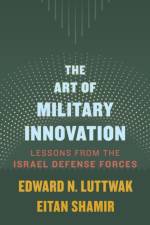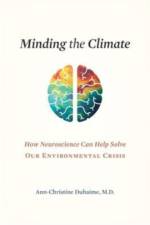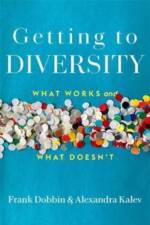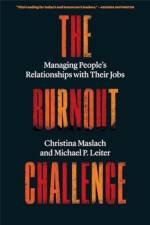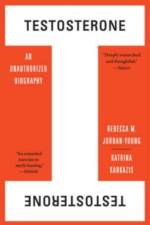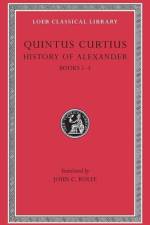- Managing People's Relationships with Their Jobs
av Christina Maslach
261 - 351
A Forbes Best Business Book. "Vital reading for today's and tomorrow's leaders." --Arianna Huffington "Burnout seems to be everyone's problem, and this book has solutions. As trailblazers in burnout research, Christina Maslach and Michael Leiter didn't just clear the path to study the causes--they've also discovered some of the cures." --Adam Grant, New York Times bestselling author of Think Again "A thoughtful and well researched book about a core issue at the heart of the great resignation." --Christian Stadler, Forbes "Provides the path to creating a better world of work where people can flourish rather than get beaten down." -- Marcel Schwantes, Inc. Burnout is among the most significant on-the-job hazards facing workers today. It is also among the most misunderstood. In particular, we tend to characterize burnout as a personal issue--a problem employees should fix themselves by getting therapy, practicing relaxation techniques, or changing jobs. Christina Maslach and Michael P. Leiter show why burnout also needs to be managed by the workplace. Citing a wealth of research data and drawing on illustrative anecdotes, The Burnout Challenge shows how organizations can change to promote sustainable productivity. Maslach and Leiter provide useful tools for identifying the signs of employee burnout, most often exhaustion, cynicism, and ineffectiveness. They also advise managers on assembling and interpreting worker self-evaluation surveys, which can reveal workplace problems and potential solutions. And when it comes to implementing change, Maslach and Leiter offer practical, evidence-driven guidance. The key, they argue, is to begin with less-taxing changes that employees nonetheless find meaningful, seeding the ground for more thorough reforms in the future. As priorities and policies shift across workplaces, The Burnout Challenge provides pragmatic, creative, and cost-effective solutions to improve employee efficiency, health, and happiness.

